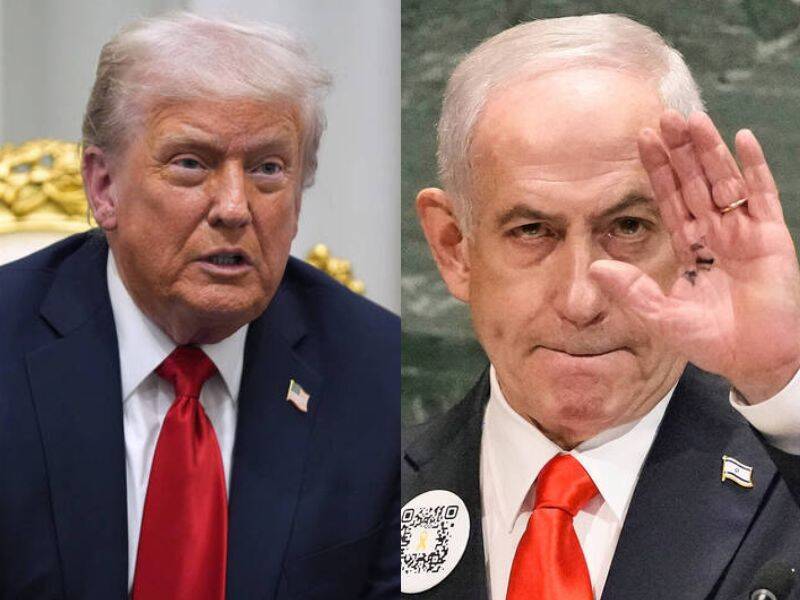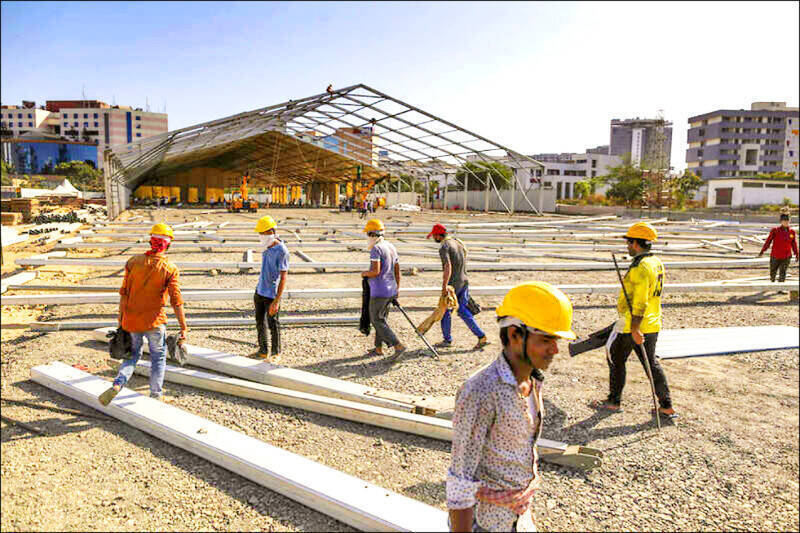Direct translation
[Free Speech] The multiple implications of Israel's expulsion of Chinese migrant workers
◎ Yang Congrong ./ https://talk.ltn.com.tw/article/breakingnews/5218357
Image : As tensions escalate between Israel and Iran, the Israeli government has reassessed the security risks of its foreign worker policy, designating China as a high-risk country and expelling Chinese migrant workers. (Reuters file photo)
Based on security considerations and a court injunction, the Israeli government designated China as a high-risk country and expelled Chinese migrant workers. This seemingly simple adjustment to labor policy actually involves complex diplomatic relations, regional power balances, and the politicization of labor mobility in the era of globalization. This event not only affects Sino-Israeli bilateral relations but also reflects profound changes in the geopolitical landscape of the Middle East, warranting in-depth discussion.
Israel's construction industry has long relied on Chinese workers, who fill local labor shortages and support infrastructure development. However, with escalating tensions between Israel and Iran, coupled with increased uncertainty surrounding regional conflicts, the Israeli government has begun to reassess the security risks of its foreign worker policy. Designating China as a high-risk country was not a sudden decision, but rather a preventative response to China's expanding influence in the Middle East within the framework of the US-Israel alliance. Israel has turned to other countries, such as India, for labor sources, attempting to maintain its construction industry while mitigating potential security threats.
The impact of this policy extends beyond the labor market. China is one of Israel's major trading partners, with bilateral trade exceeding $20 billion, covering multiple sectors including technology, infrastructure, and agriculture. Expelling Chinese migrant workers could trigger diplomatic protests from Beijing, and even lead to reduced investment or strained trade relations. This economic cost was not unconsidered by the Israeli government, but it chose the former over the latter. This also reflects the reality that, in the current international situation, national security issues often take precedence over economic interests.
However, the significance of this incident goes far beyond the friction in Sino-Israeli relations. This policy is actually an extension of global anti-China sentiment in the Middle East and is profoundly influenced by the US-Israel strategic alliance. In recent years, the United States has been continuously containing China's influence in the Indo-Pacific and the Middle East. As the US's most important ally in the Middle East, Israel naturally considers Washington's strategic interests in its policy choices. The expulsion of Chinese migrant workers can, to some extent, be seen as a symbolic move by Israel to choose sides in the US-China competition.
Image : Associated Press file photo
More noteworthy is the potential for unintended chain reactions from this decision. China has initiated its citizen evacuation process and issued warnings; this is not merely a routine action to protect its citizens, but could become a turning point in Beijing's Middle East policy. If Sino-Israeli relations continue to deteriorate, China may reduce its economic investment in Israel and instead strengthen cooperation with countries like Iran. This would further consolidate Iran's influence in the Middle East and alter the regional power balance. China, which had previously maintained a delicate balance between Israel and Arab countries, may be forced to more explicitly lean towards one side, which will have a profound impact on the entire Middle East situation.
From Taiwan's perspective, this incident offers several lessons:
First, the politicization of labor policy has become a global trend. When national security considerations conflict with economic interests, more and more countries choose the former. As an economy heavily reliant on foreign workers, Taiwan should also consider how to strike a balance between opening its labor market and maintaining security.
Second, this incident highlights the pressure on small and medium-sized countries to choose sides in great power competition. Although Israel is a regional power, it still needs to make difficult strategic choices within the framework of US-China competition. Taiwan faces a similar situation; how to protect its own interests while avoiding becoming a victim of great power rivalry is a long-term challenge.
In an era of receding globalization and a return to geopolitics, labour mobility is no longer just an economic issue, but has become part of national security and diplomatic maneuvering. Israel's decision may only be the beginning; in the future, we may see more countries adjusting their migrant worker policies based on political considerations. This trend is both a challenge and a warning for economies reliant on global labor mobility. Finding a balance between openness and security, between the economy and politics, will be a challenge that all countries must face.
For countries like Taiwan, situated on the front lines of geopolitics, Israel's experience offers even more direct reference value. Caught in the crossfire of great power competition, every policy choice can trigger complex chain reactions. Careful assessment and forward-looking thinking are more crucial than ever before.
Image : Labour mobility is no longer just an economic issue, but part of national security and diplomatic maneuvering. (Bloomberg file photo)
(The author is the Chairman of the Central Taiwan Professors Association and teaches at National Taiwan Normal University.)






No comments:
Post a Comment